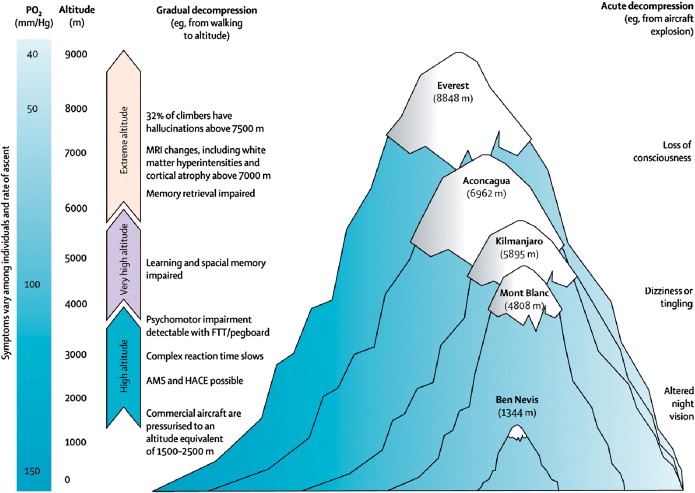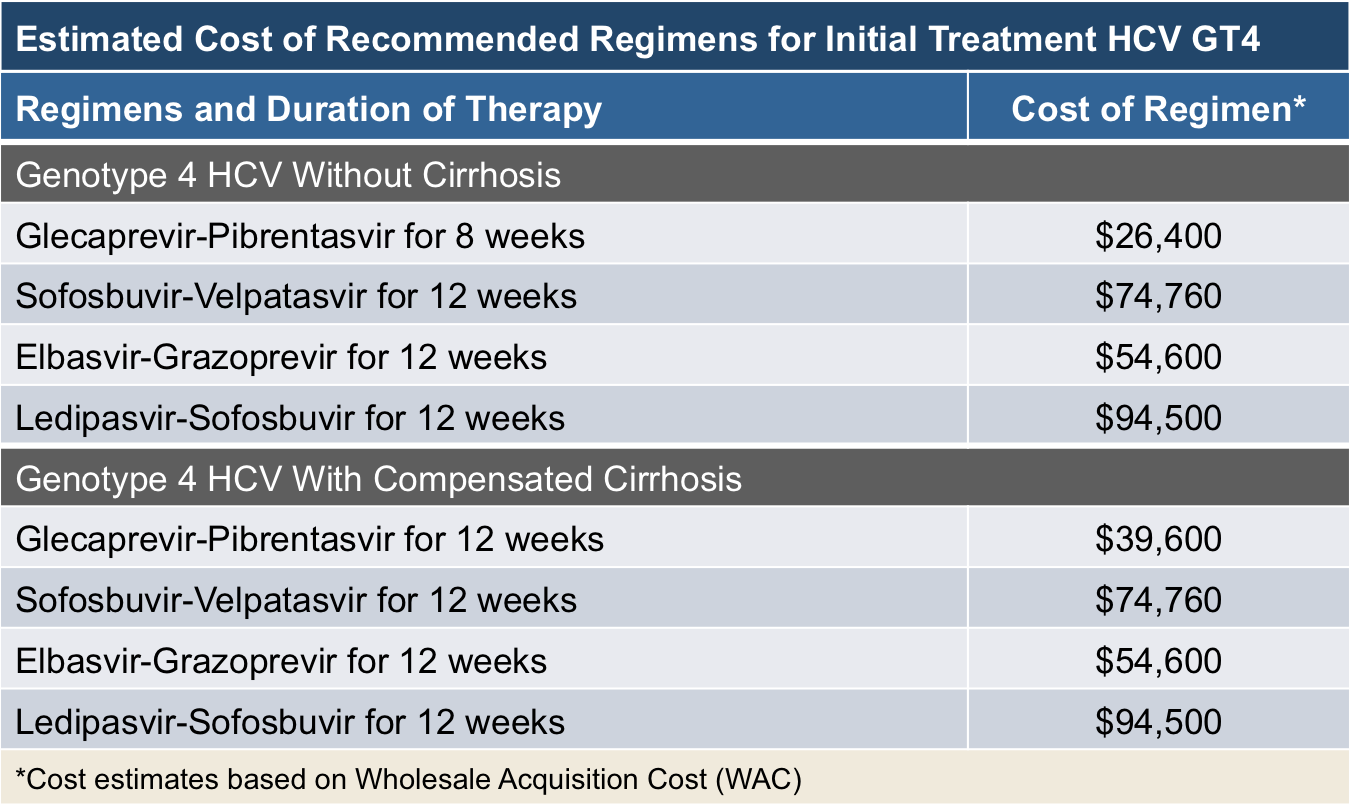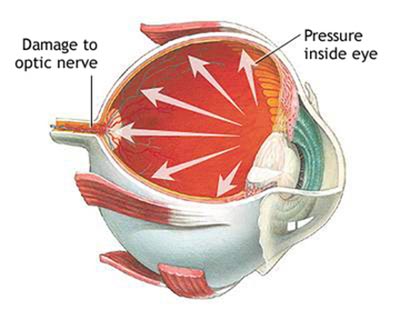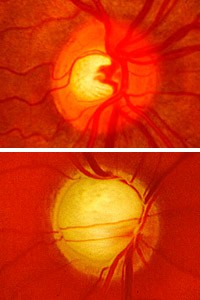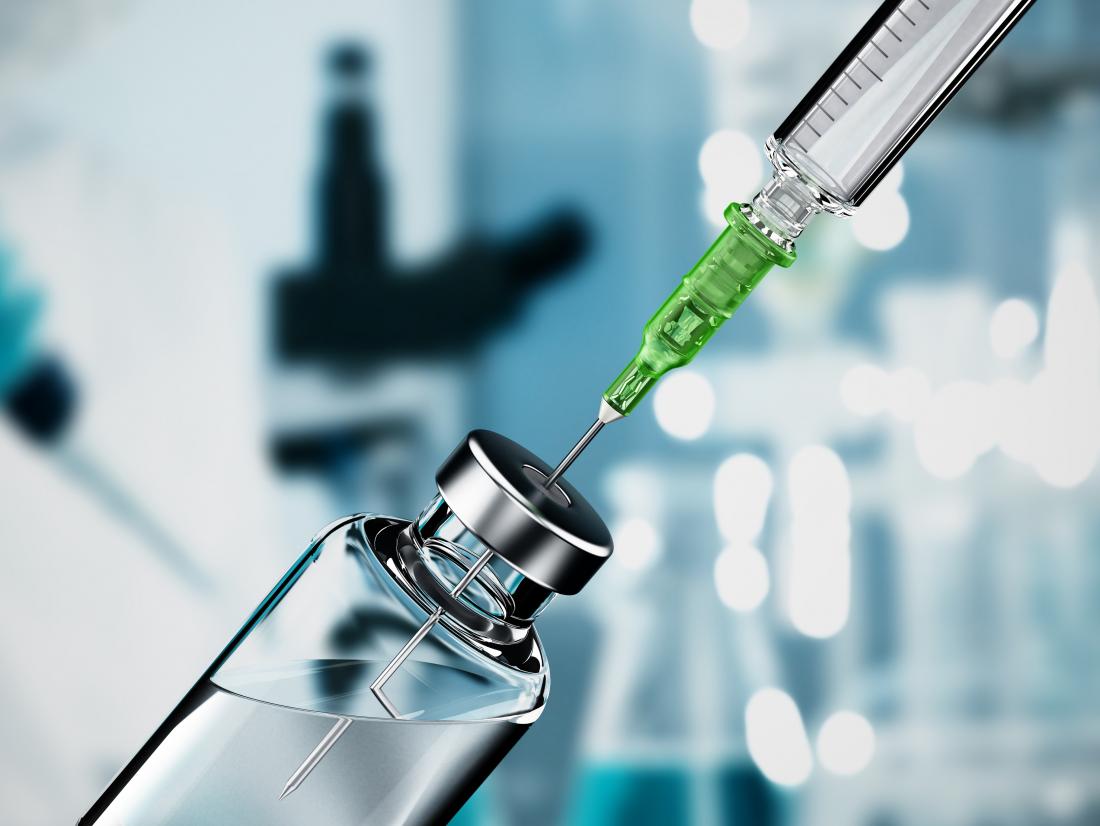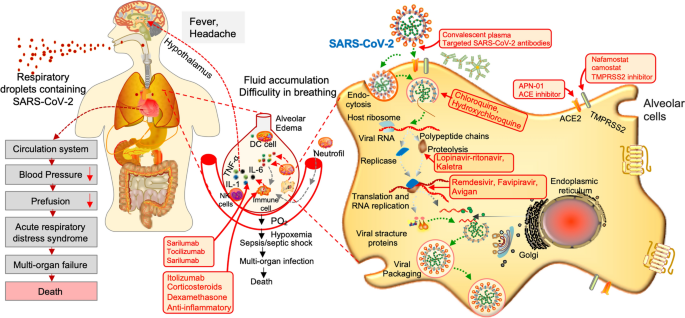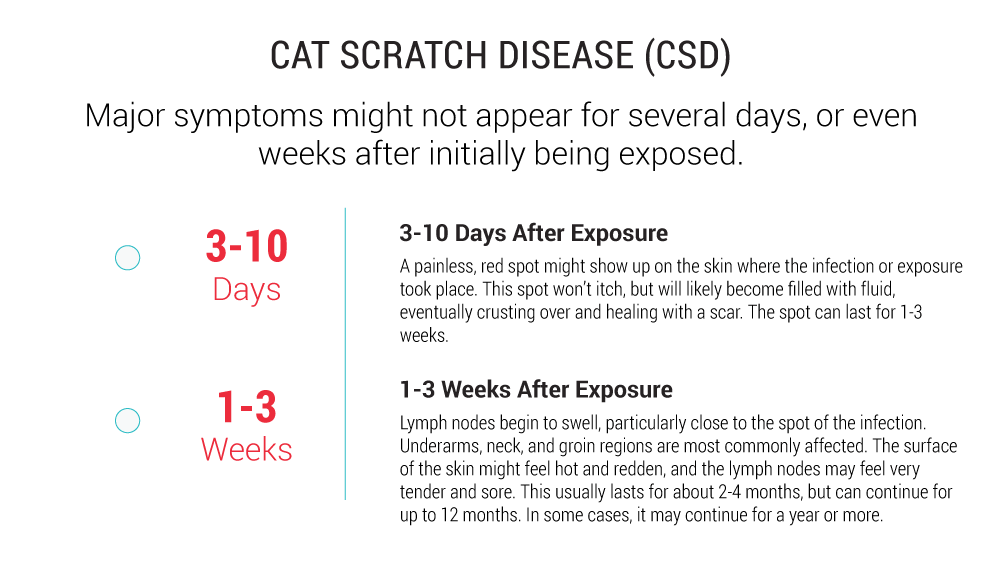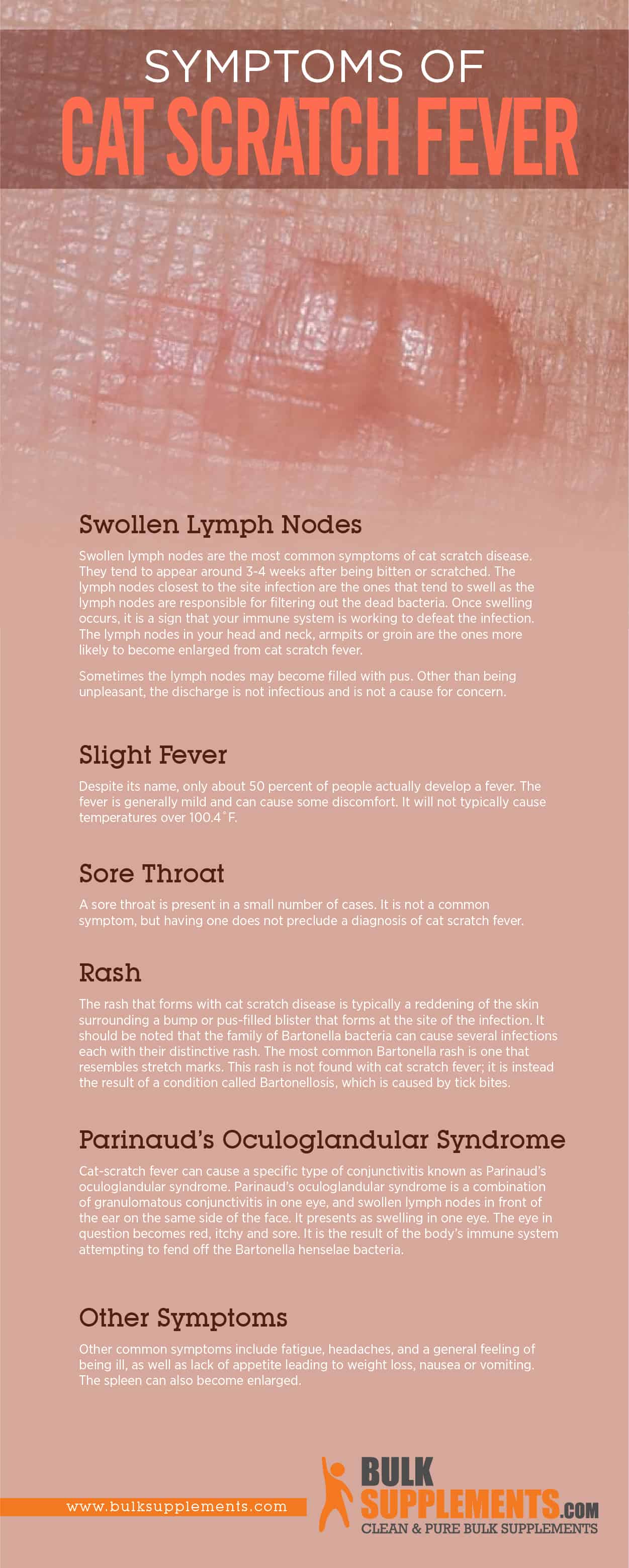ICD results from direct cytotoxic effect of irritants and unlike allergic contact dermatitis is not immune mediated. Short courses of mild topical corticosteroids ie hydrocortisone 1 cream or ointment or calcineurin inhibitors ie pimecrolimus 1 cream may be required to treat active inflammation.
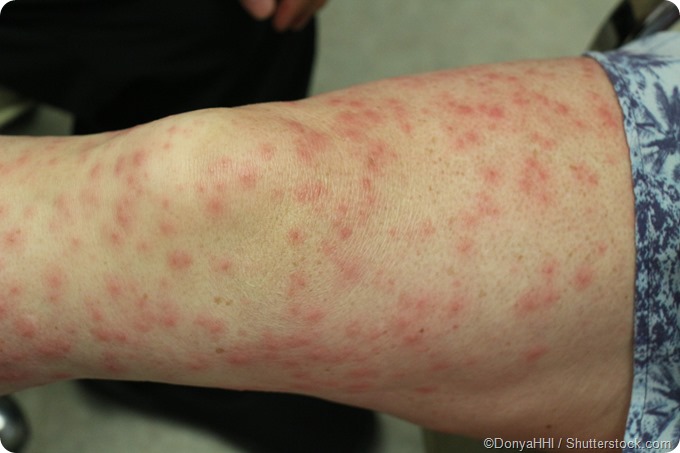 Irritant Vs Allergic Contact Dermatitis
Irritant Vs Allergic Contact Dermatitis
Localized acute allergic contact dermatitis lesions are successfully treated with mid- or high-potency topical steroids such as triamcinolone 01 or clobetasol 005.

Irritant dermatitis treatment. Treatment for both types of contact dermatitis is the same. Topical calcineurin inhibitors such as pimecrolimus and tacrolimus are approved to treat atopic dermatitis and have also been used with good results to treat other causes of periocular dermatitis including ACD ICD seborrheic dermatitis and psoriasis They may be used safely in the periocular area and have a favorable side effect profile but are less effective than steroids in short-term treatment. Patients who experience discomfort burning redness and in sever cases blistering may either have an allergy to medical adhesives or be experiencing Irritant Contact Dermatitis.
Ultraviolet A or B light waves can help your skin. Stop using any products you think might be causing the problem. The prognosis for cumulative ICD is good.
Apply bland petroleum jelly like. In severe and unresponsive ICD cases systemic treatment with oral prednisone may be required. Prognosis and long-term follow-up.
If you can figure out whats causing the rash take steps to avoid it or minimize exposure. What are the at-home remedies I can try. The amount of bleach is diluted.
You shouldnt do this more than twice a week. As a result it is not a treatment that. Corticosteroids were found ineffective in.
Clean your skin with mild soap and lukewarm water to remove any irritants. Severe contact dermatitis of the eyelids is usually treated with a short course of oral corticosteroids. Selection of the appropriate vehicle cream lotion gel or ointment for the topical corticosteroid delivery improves response and adherence.
Irritant contact dermatitis ICD is a localized inflammatory skin response to a wide range of chemical or physical agents. Consequently removal of the agent should result in clearing of the dermatitis. Even with treatment it can take several weeks for the rash to go away.
Irritant Contact Dermatitis ICD caused by physical andor chemical irritants. Do not use topical antihistamines. In difficult cases patients may be referred to a specialist for patch testing in an attempt to isolate the allergen.
This therapy increases moisture in your skin. Topical corticosteroids and immunomodulators are of unproven use in treating irritant contact dermatitis ICD. Topical antihistamine creams may actually worsen contact dermatitis and further aggravate the area of concern.
Treatment In both irritant and allergic contact dermatitis history of an inciting agent helps to make the diagnosis. Management and Treatment How is contact dermatitis managed or treated. Allergic Contact Dermatitis ACD is a form of dermatitis but is caused by an allergic reaction when the skin comes into contact with an allergen which causes the immune system to react in a way that affects the skin.
Whether securing an intravenous line holding a dressing in place or protecting a scar there is generally a need for an adhesive tape. ICD is a multifactorial disorder influenced by the physical and chemical properties of the irritating.

